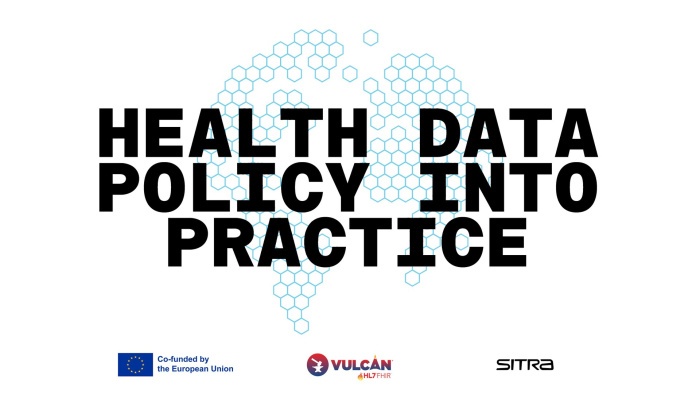TMF Welcomes Interim Results of the AI Enquiry

© Shutterstock / Panchenko Vladimir
Today, the Enquiry Commission "Artificial Intelligence - Social Responsibility and Economic, Social, and Ecological Potential" officially presents its first interim results. Regarding the short report submitted by the Health Project Group, Sebastian C. Semler, Managing Director of the TMF - Technology and Methods Platform for Networked Medical Research, states: "Unlocking routine healthcare data for medical research purposes is of particular public interest. Artificial Intelligence systems, based on large, quality-assured learning datasets, can significantly contribute to identifying potentially life-threatening processes, such as the development of sepsis or malignant tumors much earlier than before. In Germany, cross-location collaborative research is significantly hindered by the inconsistent data protection practices among the federal states. Therefore, the TMF expressly welcomes the recommendation of the project group to convene a federal-state workgroup. It is important to start the coordination promptly so the research location does not fall behind. The goal should be a nationally uniform, research-friendly data protection practice in the interest of patients, as recently demanded by the Federal Government's Data Ethics Commission."
With the proposal for a nationwide network of medical registries, the project group addressed another concrete recommendation by the TMF for the availability of quality-assured, public learning datasets. The project group emphasizes the contributions made by the Medical Informatics Initiative (MII) of the Federal Ministry of Education and Research to interoperability in healthcare: "Within a short period, the participants of the Medical Informatics Initiative have succeeded in agreeing nationwide on a standardized core dataset and international standards for data exchange. We are very pleased with the continued political support for the extremely positive discussions between MII, the National Association of Statutory Health Insurance Physicians, and gematik over the past few weeks," says Semler. This demonstrates how the Federal Ministry of Health has managed to initiate an entirely new dynamic for digitization in healthcare within a year.
The TMF also supports the proposed special investment program by the federal government for digitization in healthcare, modeled analogously to the Digital Pact for Schools. "It is essential to underpin the federal-state contracts to be concluded from the outset with meaningful usage scenarios. Individual investments must be measured by their contribution to implementation. The USA has set an example with the High-Tech Act and the subsequent 'Meaningful Use' program, demonstrating how financial incentives can lead to rapid adoption of standards and digital processes. An independent body should develop a corresponding criteria catalog and regularly update it," suggests the TMF’s Managing Director.
Finally, the TMF welcomes the recommendation for cross-departmental strategy development for the use of AI in medicine. "For the success of digitizing healthcare, it is essential to agree on clear target images and standards across sectors. This not only supports all medical research but also facilitates information exchange in patient care itself. With regard to international research cooperation and the innovation capacity of the economic location, such a strategy should be coordinated at the European level and consolidate existing initiatives and infrastructures. The TMF is ready to contribute to this process with the expertise of its members," concludes Semler.
Background
In 2018, the German Bundestag established the Enquiry Commission "Artificial Intelligence - Social Responsibility and Economic, Social, and Ecological Potential." The Enquiry Commission, which consists of members of the German Bundestag and external expert members in equal parts, is tasked with discussing both the opportunities and challenges of AI for society, state, and economy. As part of its mandate, the Enquiry Commission identifies and describes the need for state action at the national, European, and international levels based on its research findings.
At the invitation of the Health Project Group, the TMF participated in a specialist discussion in May of this year and subsequently presented recommendations for action. These are available on the TMF website.
The TMF - Technology and Methods Platform for Networked Medical Research (TMF) is Germany's umbrella organization for medical collaborative research. Established at the initiative of the Federal Ministry of Education and Research on May 1, 1999, the TMF has since brought together researchers from various disciplines to develop concepts, infrastructures, and methods for research jointly. As a non-profit association, the TMF provides these solutions freely and publicly. In particular, large consortium projects and flagship projects, such as the Medical Informatics Initiative, are supported by the TMF both in terms of content and organizationally through the sponsorship of accompanying structures. By pooling resources, the TMF makes an important contribution to efficient top medical research in Germany.
Current position papers of the TMF at: http://www.tmf-ev.de/Stellungnahmen.aspx.
Press Contact
Stefan Rabe
Phone: 030 22 00 24 723
Mobile: 0173 6141663
E-mail: presse@tmf-ev.de
Further Information


